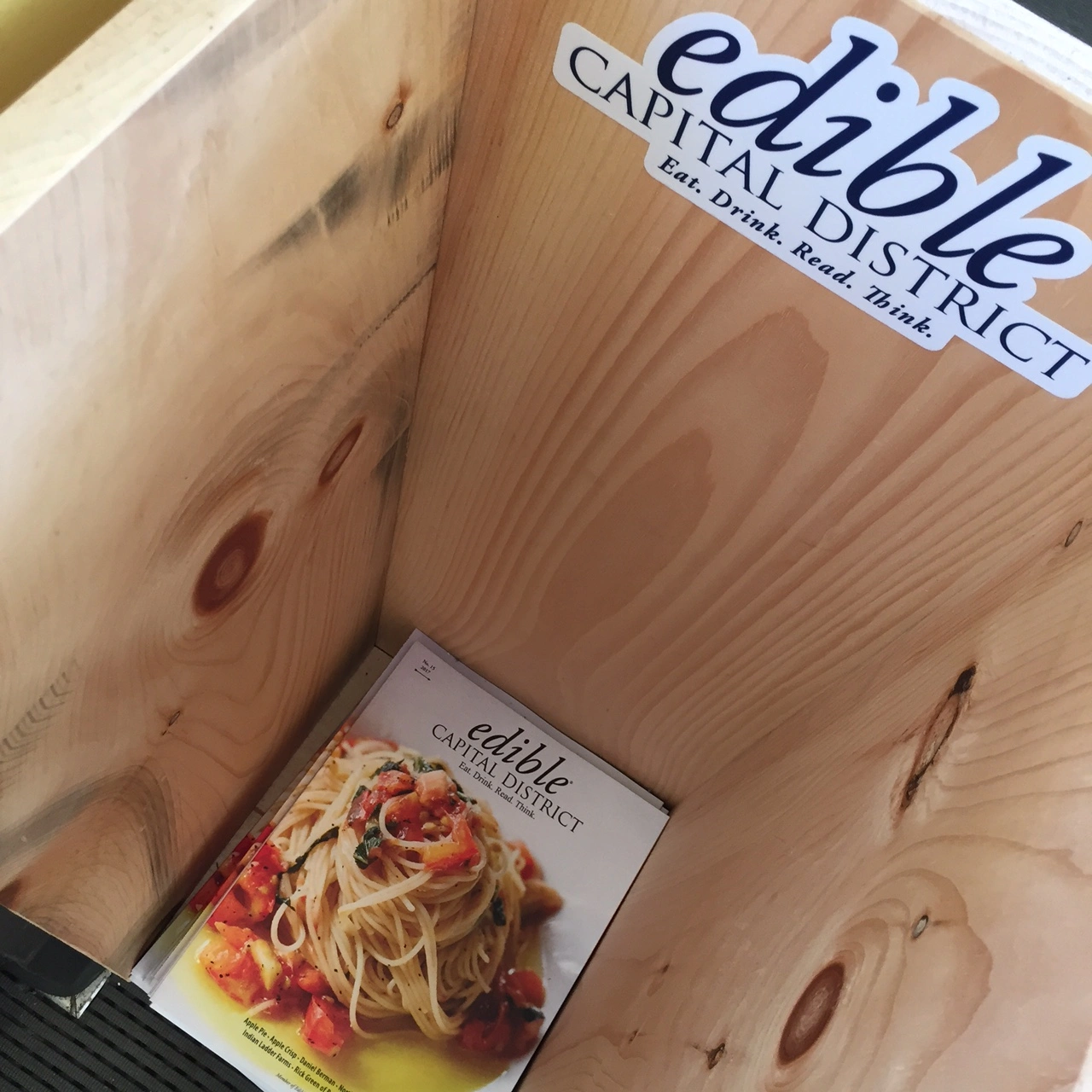Rye Dog Delivered
What is something worth? And how do you know when something is expensive?
These are questions that I ponder as I sip on a glass of Rye Dog, a brand new unaged whiskey from one of my favorite New York distillers Cheryl Lins. Because Rye Dog is a lot of things, but cheap is not one of them.
At $67 a bottle it will be cost prohibitive for most. But having met Cheryl I am reasonably certain this spirit is priced based on the intensity of the labor, the cost of the ingredients, and the equipment required to make it. She’s not getting rich off from her passion for distilling.
Additionally, if you break this 750ml bottle of 100 proof spirits down into 50ml pours, it comes out to less than $4.50 a drink. For such a remarkable handcrafted spirit that certainly seems reasonable, especially if one compares it to how much a bar might charge for a substantially inferior spirit.
But that is just one side of the story.
On the other hand, this is unaged whiskey. Back in the day this was called moonshine and it was the definition of cheap booze. Aged whiskey is expensive primarily because aging takes time, and time is money. Barrels also cost money, as does the real estate required to age them all. But unaged whiskey can pretty much go from the still to the bottle.
Which is why it’s the vodka of the craft-distillers who are interested in making whiskey. It gives them something to sell quickly to recoup some of their investment.
Over the past year I’ve sampled a bunch of these white dogs.
Honestly Rye Dog is hands down my favorite. It’s no wonder why the New York International Spirits Competition awarded it a coveted gold medal in its category. Finger Lakes Distilling’s Glen Thunder unaged corn whiskey would probably come next in my book, followed by the staggeringly high proof white dog bottling from Buffalo Trace that reminded me a lot of bug-bite sticks.
[Note: I imagine most of you who didn’t grow up in mosquito infested Miami have any idea what a bug-bite stick smells like. Mrs. Fussy knew the smell as Mercurochrome, which may be more evocative to most but means nothing to me.]
Rye Dog tastes like grain. It smells like grain. There is a purity of essence about it that General Jack D. Ripper would be compelled to respect. It has a gravitas in the mouth and on the tongue, with a lingering sweet, spicy and earthy impression of grain.
It says, “I am not corn. I am not barley. I am rye. Love me.”
Mind you, this is all much more remarkable having experienced what other unaged whiskeys can be. Without that context, it may be difficult to fully appreciate Rye Dog’s superiority. And now that I’ve tasted it, I’m really excited to see how the spirit evolves after some time in the new oak barrels which are filled and just biding their time at the Delaware Phoenix Distillery in Walton, NY.
Am I glad I got it? You bet.
Would I get it again? Maybe not. $70 is a lot of money, and there are some other amazing things that can be had for a fraction of that price. The Barbancourt 15 year old rum comes immediately to mind.
But then again, I may find myself more attached to this spirit the more I explore its depths. Lucky for me, given my most recent booze purchase, I won’t need to be buying liquor for a while. My cabinet is overflowing and there is no place to put it. Hopefully the next time I’m buying the aged whiskey will be released. I’ll keep you posted.
Cheers


Seventy bucks? Time to build me a still!
Trust me Rob, distilling is not a way to make money. If you get a chance go to http://www.adiforums.com sometime and you can read some of the stories. The market seems like it would be a great money maker — its not. The general idea is you get into distilling for love, not for money.
Unfortunately I haven’t had a chance to try Cheryl’s rye yet, but I think I will wait for it to come out of a cask… as I have ranted in the past, white dog just isn’t my thing — though Rye is.
I was thinking more in terms of personal consumption! http://ow.ly/46×84